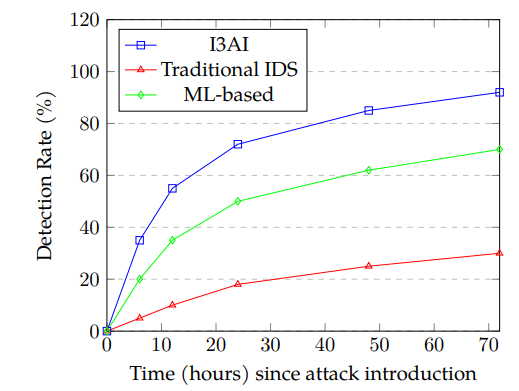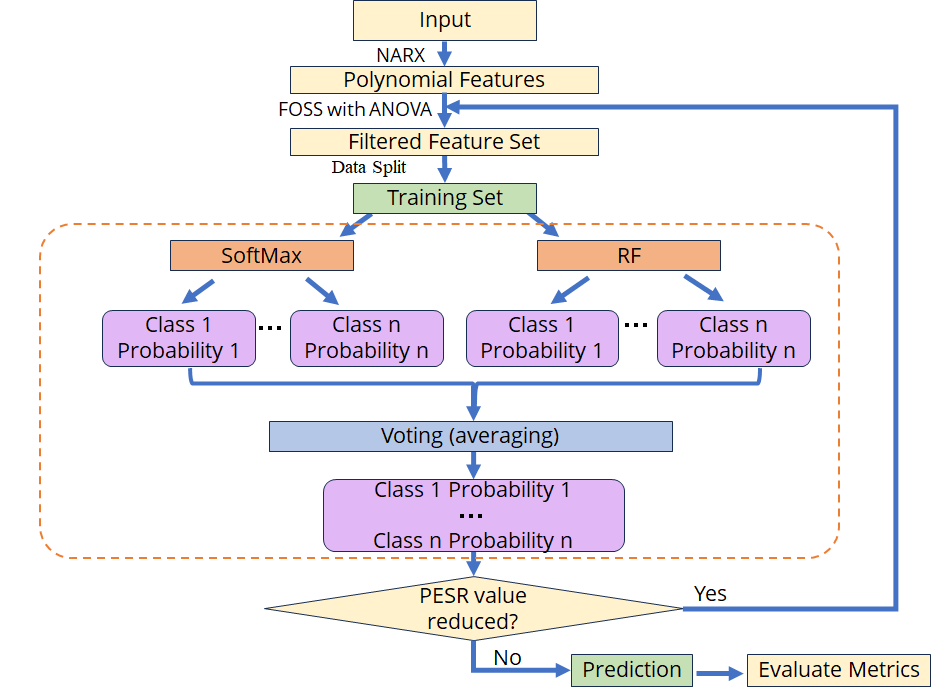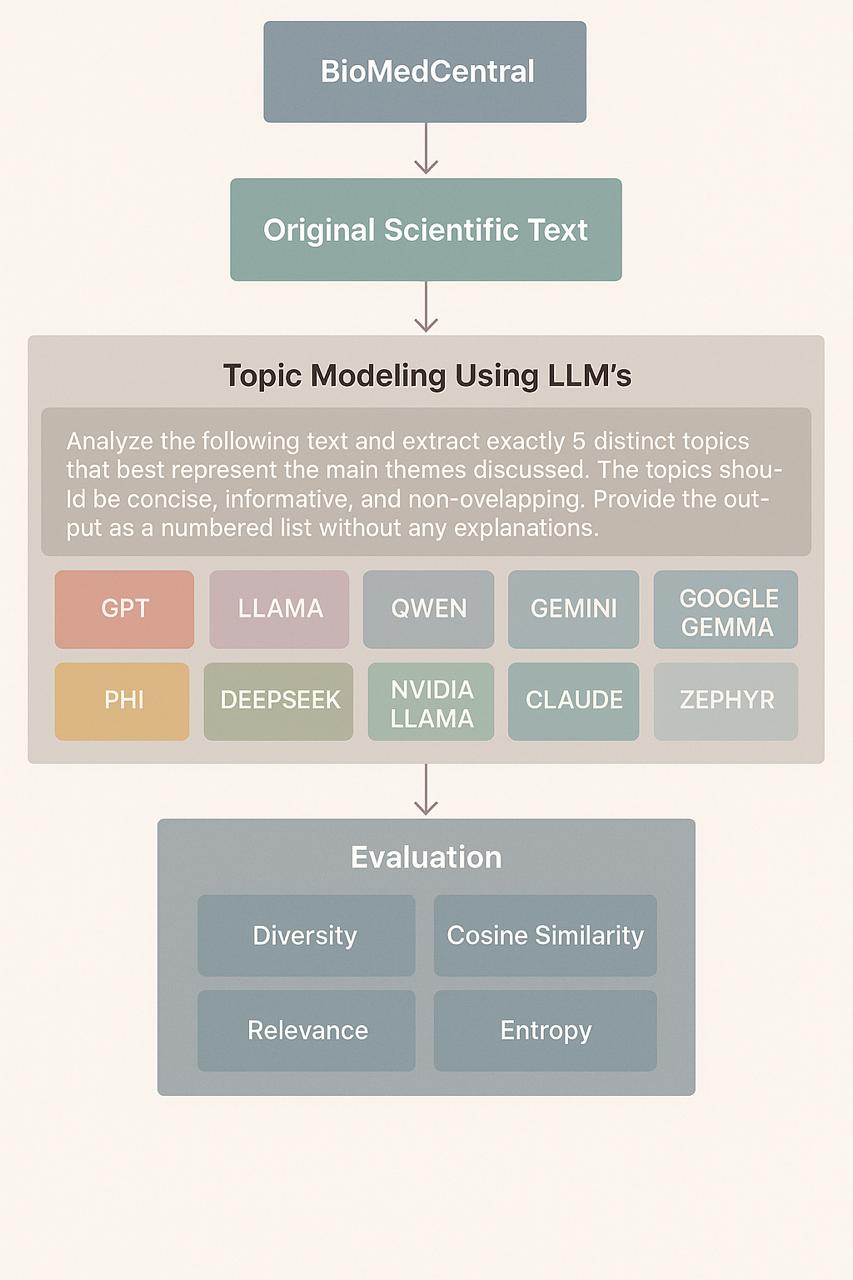ICCK Transactions on Emerging Topics in Artificial Intelligence | Volume 2, Issue 3: 169-172, 2025 | DOI: 10.62762/TETAI.2025.549572
Abstract
The rapid advancement of generative AI has created a critical gap between technological innovation and responsibility frameworks. This article examines the comprehensive challenges posed by AI systems that can autonomously generate content and make decisions affecting crucial social domains. We analyze the failure of traditional accountability mechanisms in addressing AI's emergent behaviors and ``black box'' characteristics, and propose a multi-dimensional approach to responsibility allocation. The analysis covers five key areas: the primary responsibilities of technology developers throughout the AI lifecycle, the necessary paradigm shifts in legal frameworks including new concepts of algo... More >




